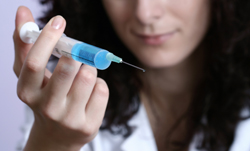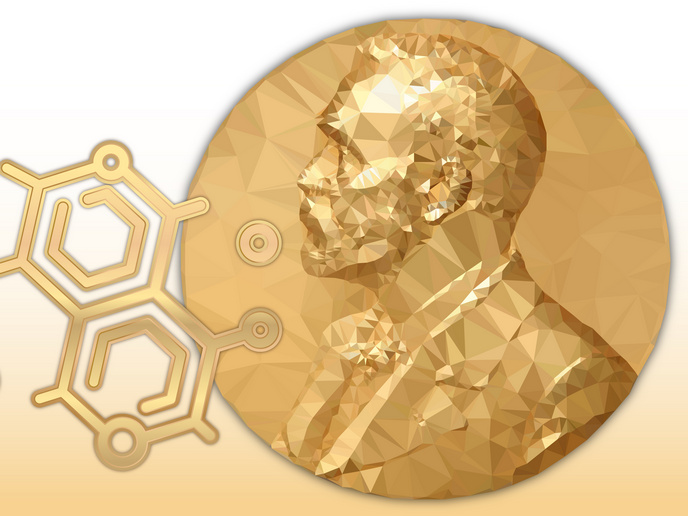Immune cell-based vaccines
Anti-cancer vaccination has long been considered as an attractive way of preventing or treating cancer. The idea was conceived after the realisation that the immune system of cancer patients is often inoperative or dysfunctional. In this respect, dendritic cells (DCs) have received special attention as the principal regulators of immunity. They can become ‘loaded’ with cancer-specific antigens and used as adjuvants to activate a patient’s immune system. The main aim of the ‘Therapeutic cancer vaccines’ (Dendritophages) project was to prove the immune and clinical efficacy, reproducibility and feasibility of an anticancer DC-based vaccine. Project partners investigated various parameters of the vaccination strategy including DC differentiation and maturation, tumour antigen selection and loading, dose delivery, and site and vaccination schedule. The scientists used the detoxified adenylate cyclase toxoid (ACT) and the porcine parvovirus-like particles (PPV-VLPs) as antigen delivery vectors, previously shown to target DCs very efficiently. The developed DC culture system was designed to maximise IL-12 secretion and polarise type 1 immune responses that support cytolytic anti-tumour immunity. In vivo tracking of the DCs in humans indicated successful accumulation in the lymph nodes, a process required for effective immune response generation. Dendritophages successfully delivered, for the first time in a clinical setting, the feasibility and safety of a DC-based vaccination approach that induces cytolytic anti-cancer immunity. Standardised good manufacturing practice (GMP) procedures developed during the project have been implemented in the new cell therapy production centres established by the project’s five partners.







